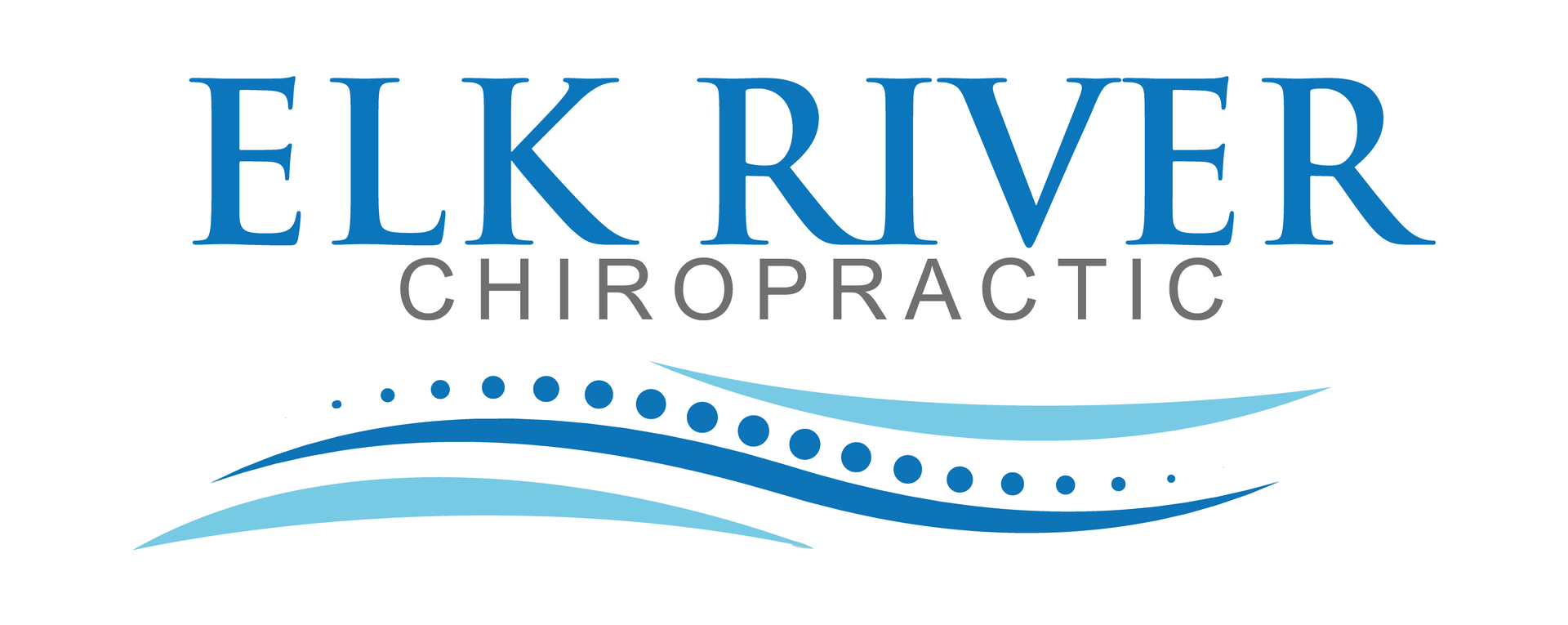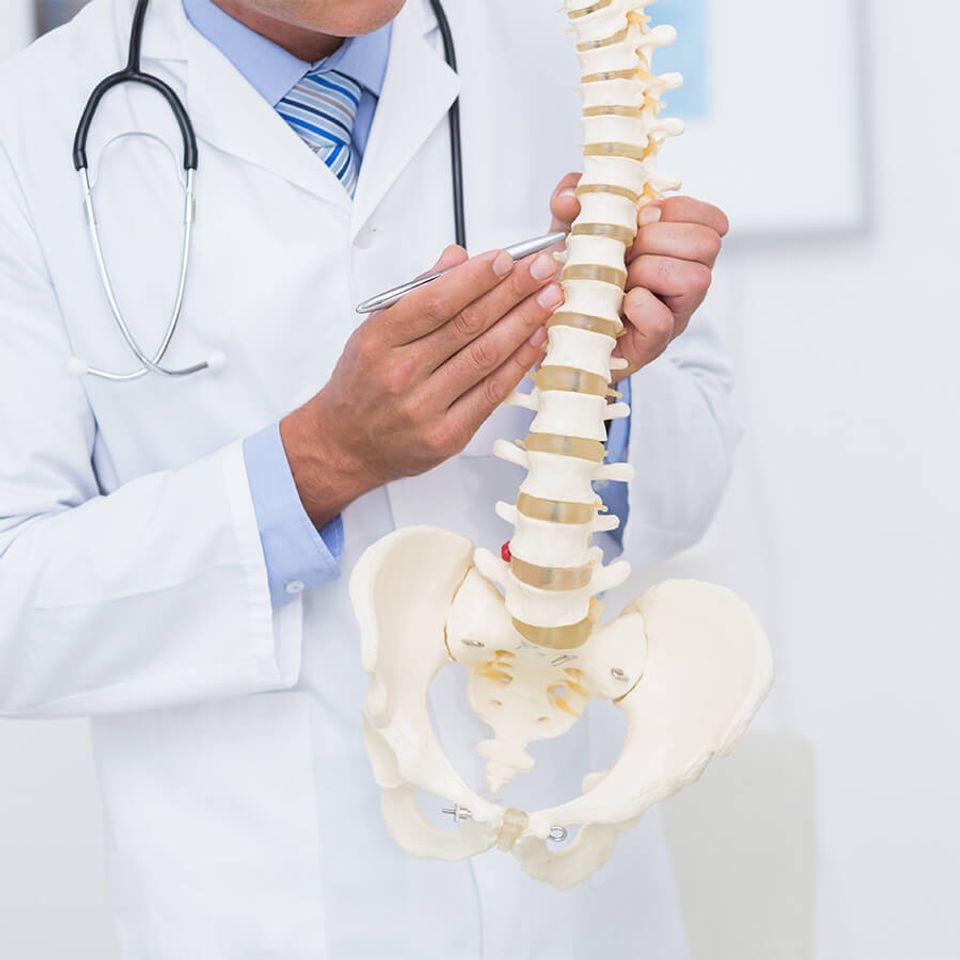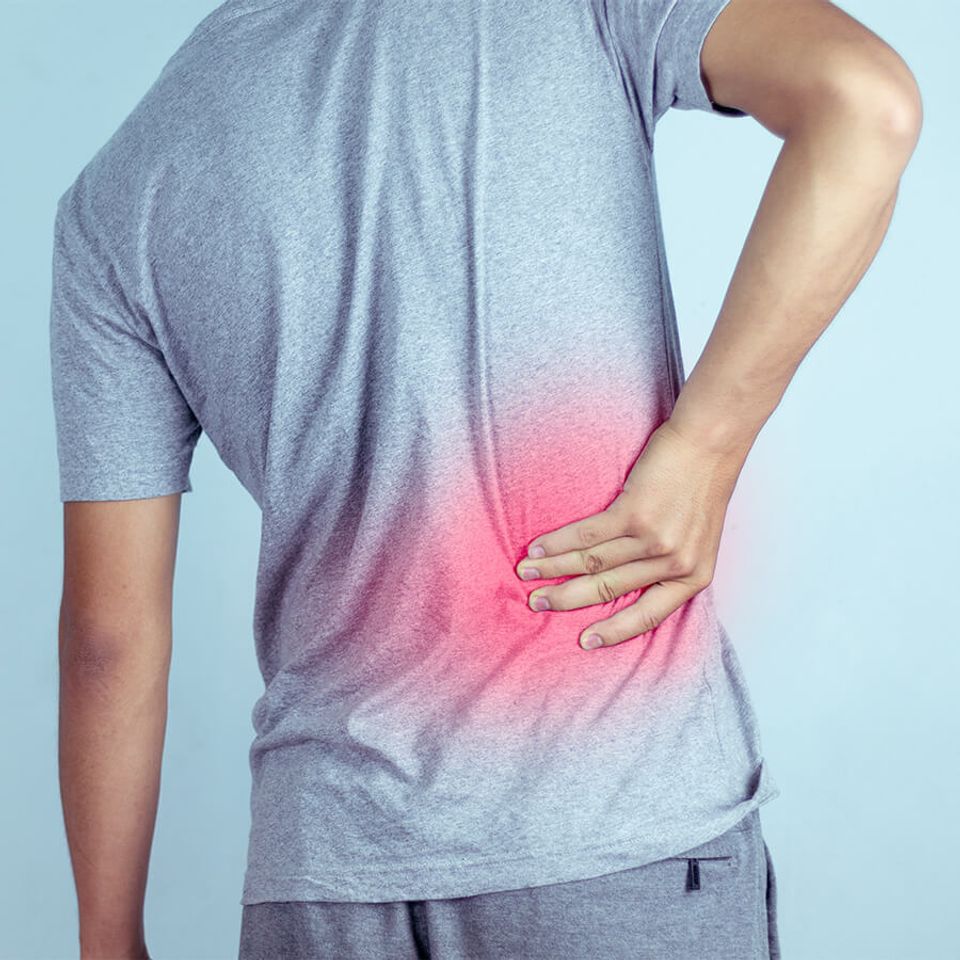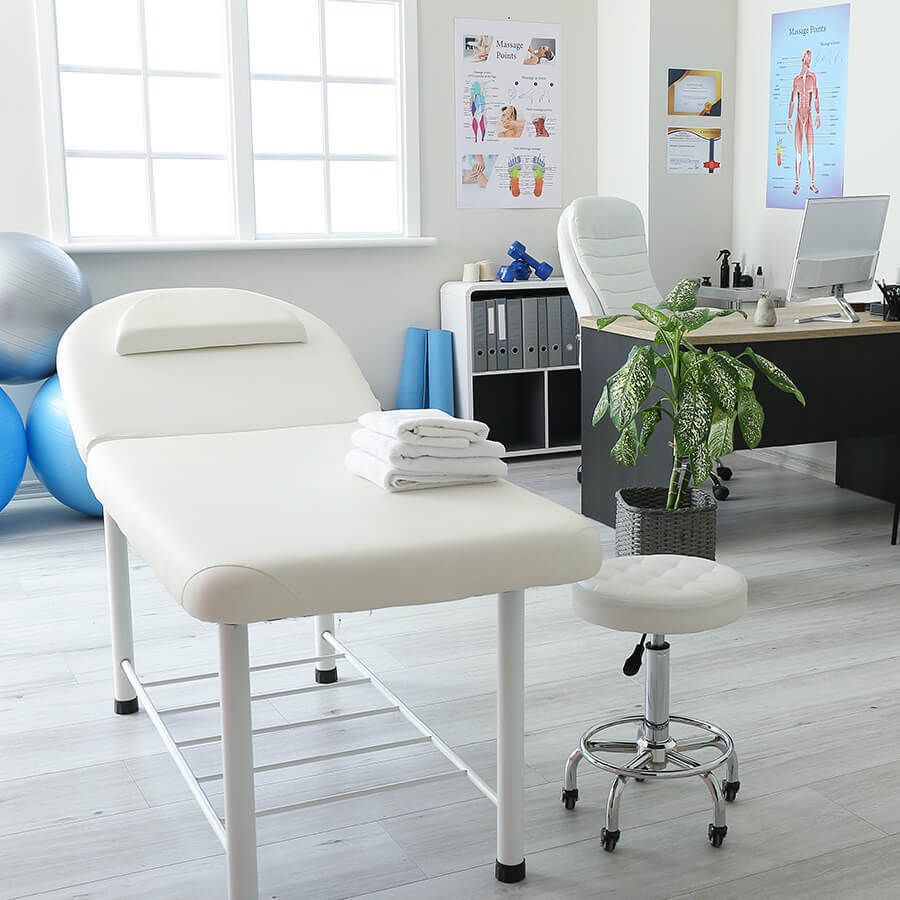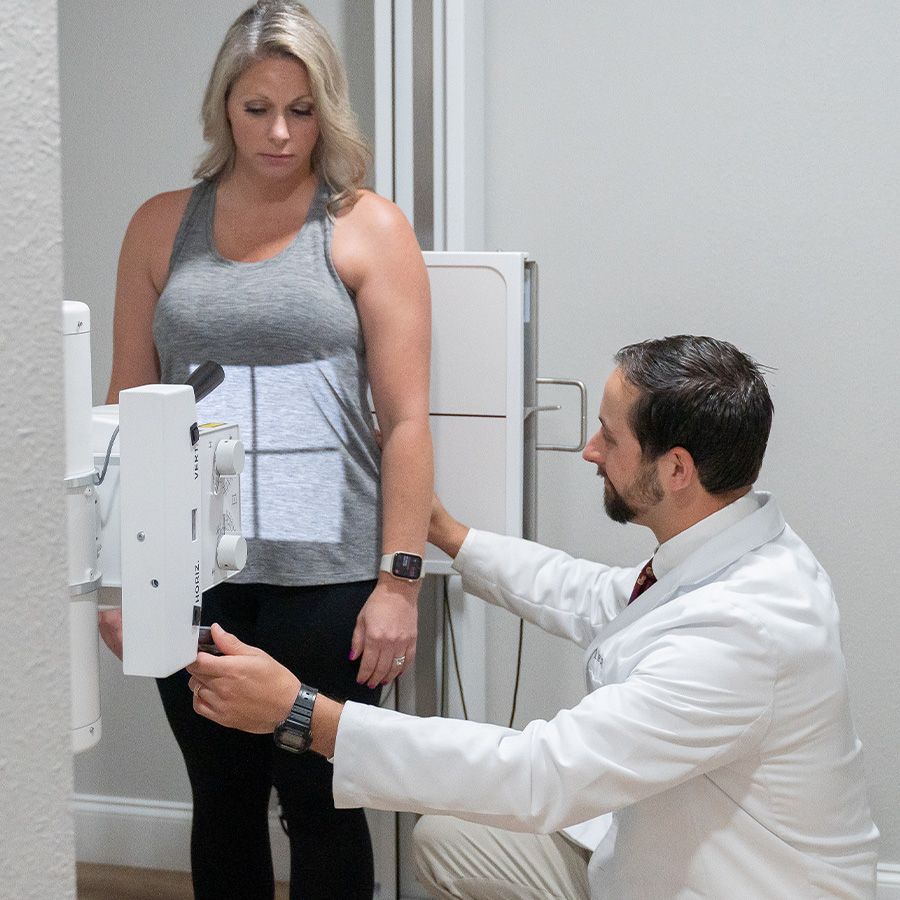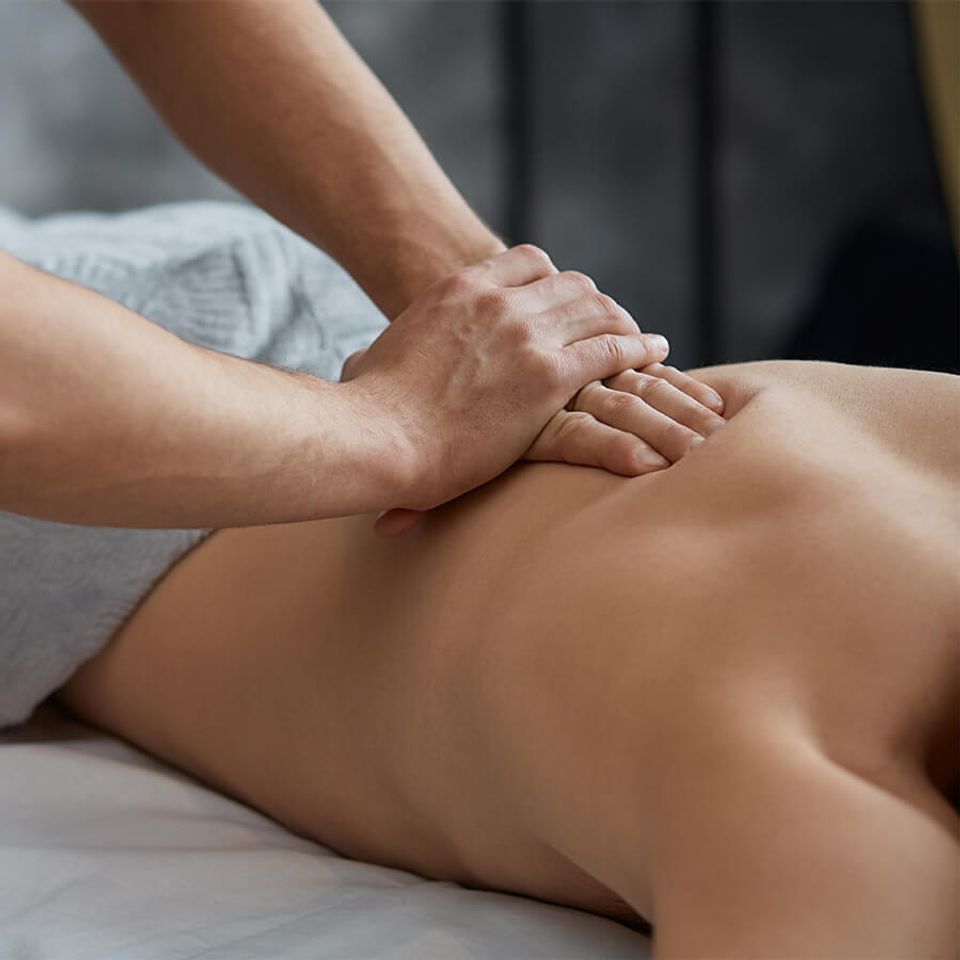
How can a chiropractor help a herniated disk?
When painful symptoms begin, many people rely on medications that do not treat the source of the problem. Chiropractic care is the safest and most effective method for treating a herniated disk. A common misunderstanding is that a chiropractic adjustment aggravates a herniated disk. This is not the case.
By gently adjusting the affected vertebrae, and correcting spinal alignment, the herniated disk can return to a position where it does not press against spinal nerves.
Routine chiropractic care helps you:
By gently adjusting the affected vertebrae, and correcting spinal alignment, the herniated disk can return to a position where it does not press against spinal nerves.
Routine chiropractic care helps you:
- Maintain correct alignment
- Reduce the risk of future disk damage
- Promote overall health
